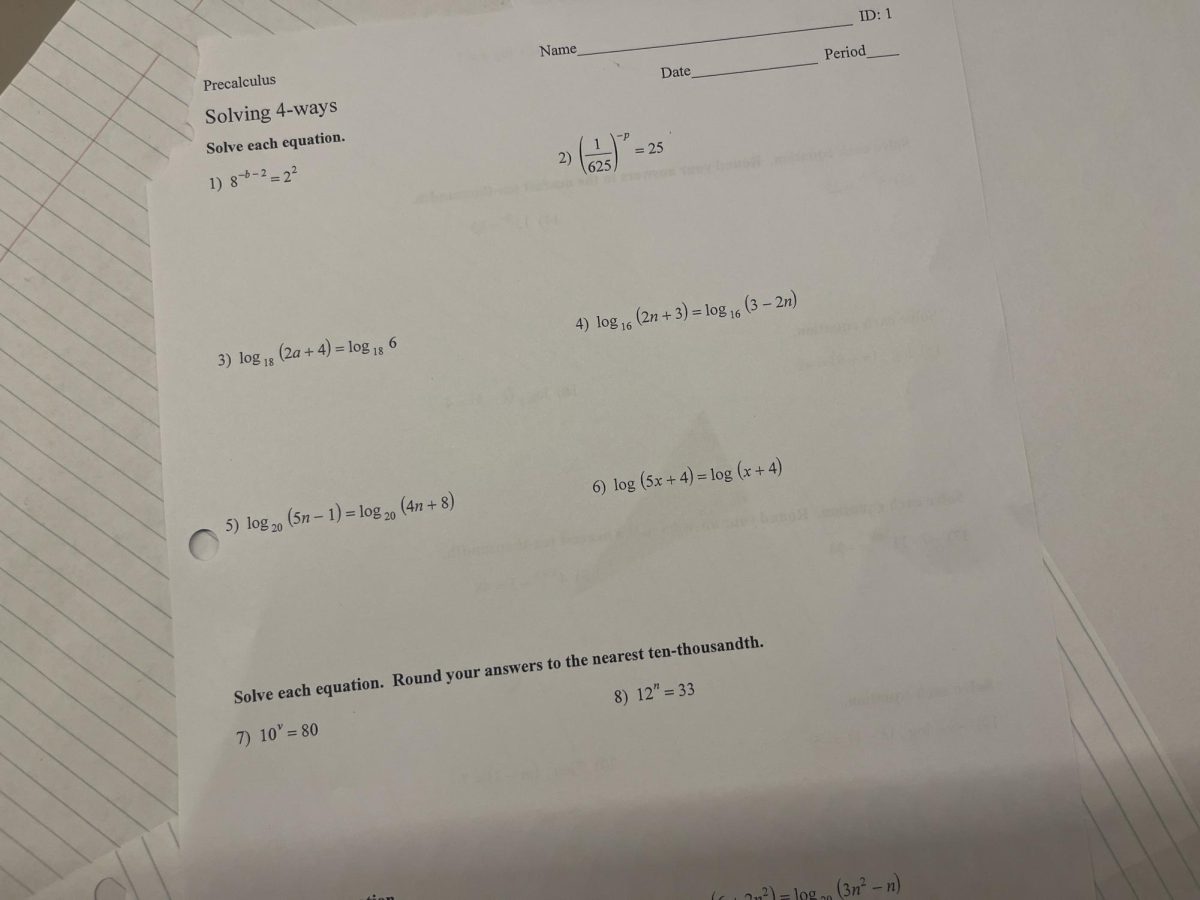
It cannot be ignored that social media has taken over the way our generation communicates, interacts, and spends their free time. Social media is strongly correlated with mental health issues in teenagers, causing detrimental struggles with depression, anxiety, and stress.
The opposing viewpoint may say that it provides easy access to important information, creates a space for self-expression, and gives the ability to form and maintain diverse relationships. Olivia Grenda, a Pennridge senior, says, “Social media makes connecting with my friends very easy.” Social media is indeed a major outlet for self-expression, social connections, and creativity, however, it can become a hub for cyberbullying and can cause unhealthy comparisons between peers which leads to loneliness and depression. “It’s really nice to always know what is going on in the community and the world, ” Grenda adds. While social media provides quick access to pop culture news, it can be very addicting and stressful to stay up to date. Social media acts as a trap for instant gratification which can cause attachment and withdrawal in children that spend too much time with their screen.
Statistics provided by the United States Government show that 15 percent of students aged 12 through 18 reported being bullied online through text messages and posts. Cyberbullying is more common than it seems as many people hide their struggles beyond a brave face. In addition, teenagers are constantly checking their devices which can even affect biology. “Instant gratification gives a dopamine burst,” addresses Stephanie Nash, a Pennridge Psychology teacher and Student Assistant Program team member. When kids look for quick responses or scroll through short videos, his or her dopamine levels can get permanently altered which affects anger, low self-esteem, anxiety, and impulsiveness. “I have been on the SAP team for 21 years and for a while we mostly saw problems with drugs and alcohol. There has been a huge increase in the last ten years for mental health,” adds Nash. It is evident that mental health problems have been evolving with technology and kids should start to limit their usage of internet consumption.
Since social media so clearly causes problems in mental health, a simple solution would be to limit the time spent on social media or the number of platforms that you have. Mindfulness practices are also an effective way to make sense of and control any emotions that add to the stress and anxiety of our online lives.
https://school.eb.com/levels/high/article/child-mental-health/604912
https://www.hhs.gov/sites/default/files/sg-youth-mental-health-social-media-advisory.pdf
https://childmind.org/article/how-using-social-media-affects-teenagers/
https://icof.infobase.com/articles/QXJ0aWNsZVRleHQ6MTYyNTU=?q=social%20media
https://issues.abc-clio.com/Search/Display/2180895?terms=social+media&sTypeId=2




